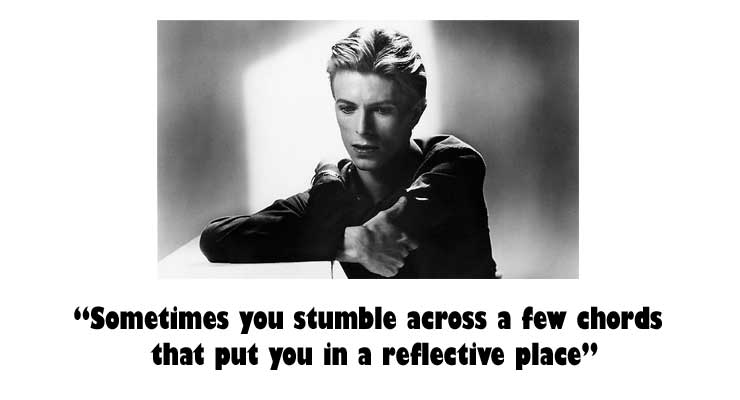
Throughout history and across cultures, many motives have abounded for creating and continuously furthering literacy – “the lifelong, intellectual process of gaining meaning” – in its multitude of forms, i.e. digital, computer, media, information, technology, political, cultural, multicultural, visual. Indeed, literacy goes beyond reading and writing. “Strangely, some songs you really don’t want to write.2”
With the acknowledgement of the importance of literacy come the challenges of educating diverse individuals – among them ourselves. Interestingly, educating society as a whole about diversity is still to this day part of the challenges. Specifically, becoming cultured with diversity itself, requires intellectually enriching our lives by “listening” to different “voices”. “When I heard Little Richard, I mean, it just set my world on fire.3”
A multifaceted act in itself, being literate enables us to recognize the local idiosyncrasies of diverse learners, helping the differences between us become more universally accepted. Teaching literacy must be self-critical, it should ask questions such as “how far do national and international literacy campaigns fail even to notice that the people to whom they are bringing literacy do already practice some form of reading and writing?4”
It does so because sadly, in underprivileged communities – for example – instructed literacy doesn’t always communicate well with existing literacy practices from and within the community itself. Instructed literacy doesn’t always give voice nor agency to those it aims to help (notice the word instructed as it refers to instruction: a direction or order). And it needs to be an active, reciprocal exchange among individuals – making, giving and gaining meaning through multiple, varied and shared literacies. “Once I’ve written something it does tend to run away from me. I don’t seem to have any part of it – it’s no longer my piece of writing.5”
Fortunately, since radical social change doesn’t seem so much a remembrance of things past anymore, outlooks on literacy and its correlation to economic, social, and political success become a subject for everyone. As the whole world will continue to experience a vast rise of immigration from different cultures, different languages, and different customs, let us remember that becoming literate happens – is incessantly happening – but takes time. “The truth of course is that there is no journey. We are arriving and departing all at the same time.6”
LINKS:
1. Reflections about the Meaning of Literacy. Literacy in Learning Exchange.
2. David Bowie.
3. Ibid.
4. “What is meant by local literacies?” Language and Education.
5. David Bowie.
6. Ibid.
Leave a Reply